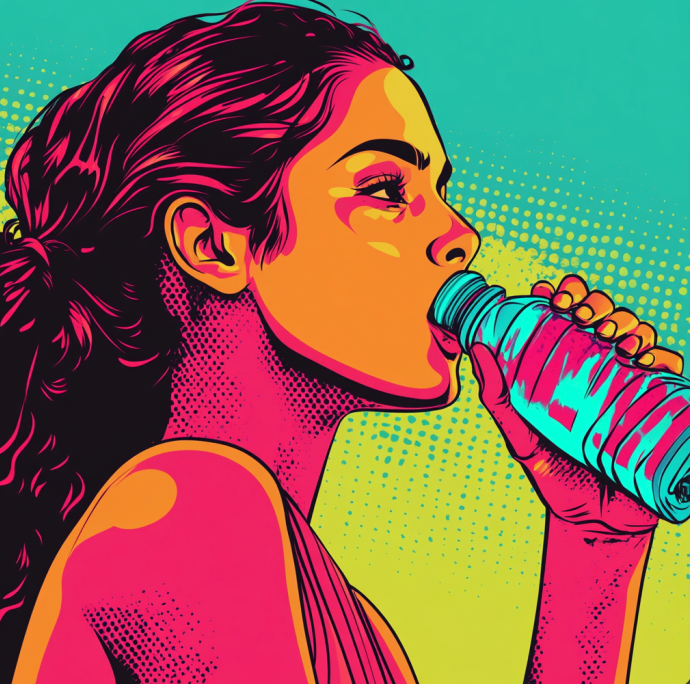

· By Kirsten Karchmer
Prenatal BPA Exposure and Autism: Understanding the Risks and Safeguarding against Exposure
The Hidden Dangers of BPAs in Your Daily Life
I just read a new study about environmental factors and autism.
Let's deep dive on the impact of BPAs and how they might be impacting your health and fertility.
So, let’s dive in, shall we?
You may have heard that prenatal exposure to plastics and BPA (Bisphenol A) can be linked to autism, especially in boys.
That’s heavy, I know.
But what’s even more worrying is just how pervasive BPA is in our daily lives. It’s found in everything from fast food packaging to home care products.
So, what are BPAs, and how do we start eliminating them?
Understanding BPAs
Bisphenol A (BPA) is an industrial chemical used to make plastics hard and shatter-resistant.
Sounds useful, right?
But there’s a catch.
- BPA is commonly found in polycarbonate plastics.
- These are the materials used for water bottles, food containers, and baby bottles.
However, when these products are exposed to heat, light, or harsh detergents, BPA can seep into your food and beverages.
Sources of BPA Exposure
Every day, we encounter BPA in a multitude of places:
- Food packaging: Fast food packaging, canned foods, and some plastic wraps.
- Home care products: Cleaning products, detergents, soaps, and shampoos.
- Water: Even bottled water, particularly if it’s stored in plastic containers.
- Clothing: Certain clothes like fleece jackets.
Reducing BPA Exposure
Ready to minimize your BPA exposure? Here are some simple yet effective steps:
- Avoid heat: Skip microwaving or heating food in BPA-containing plastic containers.
- Choose alternatives: Opt for glass, stainless steel, or silicone containers.
- Use BPA-free products: Check for labels like "BPA-free" or "Phthalate-free."
- Read labels: Be cautious of ingredients such as "bisphenol A," "polycarbonate," or "phthalates."
- Support eco-friendly initiatives: Advocate for businesses to use environmentally friendly practices.
Replacing BPA-Containing Products
Time to swap out those BPA-laden items for safer choices:
- Water bottles: Switch to stainless steel or glass water bottles.
- Food containers: Move away from plastic to glass or stainless steel.
- Plastic wraps: Use cloth or paper towels instead.
- Home care products: Choose natural, BPA-free cleaning and personal care items.
You can get all of these replacements at www.thecleancabinet.com.
Conclusion
Eliminating BPA isn’t just a one-person job. It’s a collective effort. But with conscious choices, we can significantly reduce our exposure and create a healthier environment.
Click here to meet your personal fertility coach, Kirsten AI.
Remember, while BPAs are one factor that can impact your fertility, there are actually dozens of underlying factors at play.
Conceivable's Kirsten AI helps you identify them all, creates a custom plan to improve them, and offers 24/7 support to keep you on track.
Meet your personal fertility coach, Kirsten AI today.
Stay savvy, stay healthy!
References:
Want to Start Improving Your Fertility?
Meet your new, 100% personalized, available 24/7 fertility coach, Kirsten AI. She will help you identify all of the underlying issues impacting your fertility, make a plan to fix them and support you day in and out on your journey to motherhood.